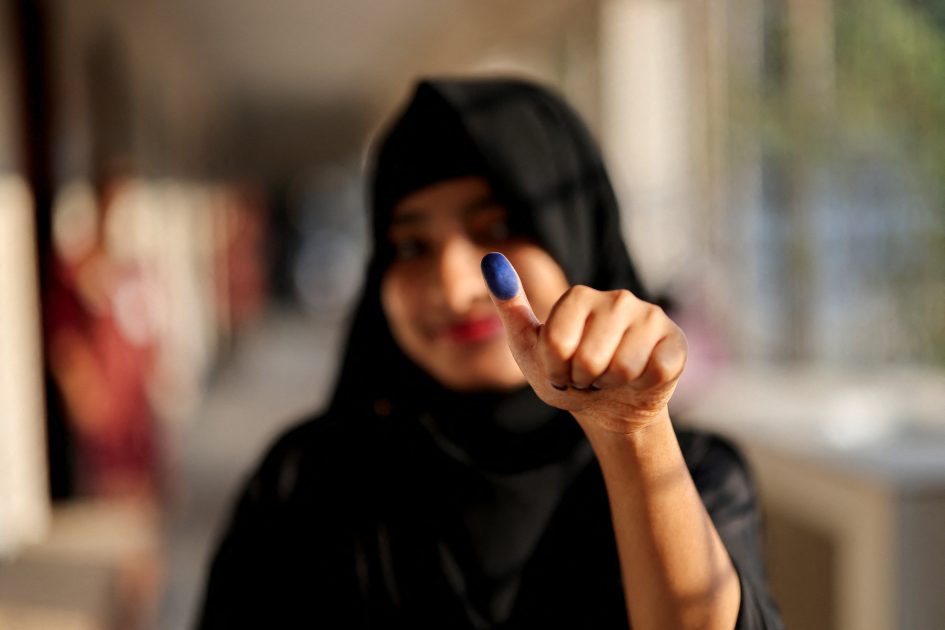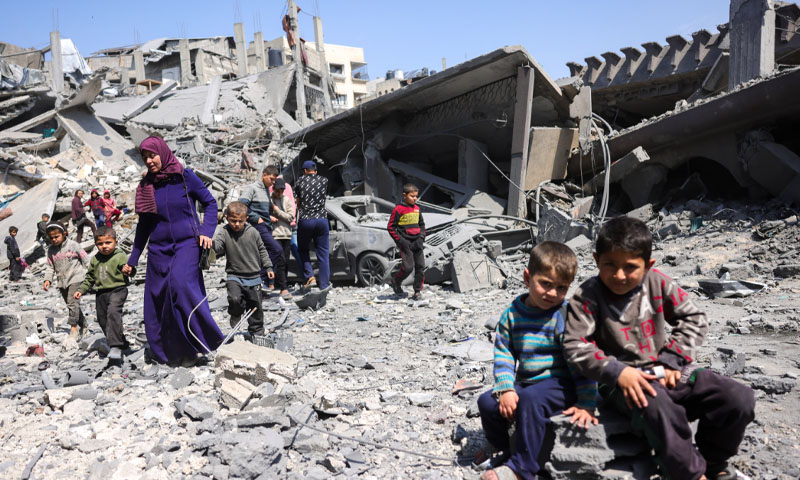- Web Desk
- Yesterday
16 days of activism: gender based violence in light of women property rights
16 Days of Activism, Gender Based Violence, and Women Property Rights
Women are one of the core vulnerable groups in society as they become targets of violence for a number of reasons. One such reason has been, and continues to remain that of them demanding their monetary rights such as that to property amongst others. The 16 days of activism which began on 25th November 2023 with the International Day for the Elimination of Violence Against Women, which highlights this year’s theme of gender-based violence while demonstrating the concurrent problems faced by women that virtually always lead to violence.
This problem persists, unfortunately, within Pakistan at the extreme. Women, per Sharia law, are entitled to inherit from their father, son, husband and brothers. Apart from inheritance they are also entitled to maintenance and whatever dower they have been given at the time of their marriage which is either prompt or deferred. There are strict sharia compliant laws in the country that are in implementation to enforce these rights of women. However, this entitlement does not come as a smooth ride for them in spite of being a God-given and legal right.
The incidents of women locked up, beaten, killed, raped and mutilated just so their rightful inheritable share in the deceased’s property can be usurped are regular news. They are often denied their right to maintenance (nafqah) during the subsistence of their marriage as well, and when demanded they are faced with domestic violence. Many women are also denied the dower which becomes payable to them upon demand either promptly or upon demand, even in the event of divorce. If not straight away denied, they are definitely put through tough legal battles splayed out over years and years to make their lives extremely difficult and to give them a tough time to obtain what is rightfully theirs.
Muslim Personal Laws, predating the country’s partition, address women’s rights in maintenance, dower, dowry articles, and inheritance. However, their enforcement has been inconsistent, particularly regarding property rights. The Enforcement of Women’s Property Rights Act 2020 was introduced to facilitate women’s access to their rightful property. It empowers the Ombudsman to address women’s inheritance issues, allowing complaints regarding wrongful deprivation of property. The Ombudsman’s decisions are final and beyond judicial review, indicating a significant step towards women’s empowerment.
The Act allowed the Ombudsman to guarantee the orders are carried out by ordering police and district administration officials to return the property’s title and possession to the complainant. The Ombudsman’s role does not end with the passing of the orders. The most crucial step towards women’s empowerment is granting them the opportunity to possess their fair portion of the property. Yet, challenges persist due to lack of awareness and insensitivity in law enforcement and the judiciary.
Globally, there have been suggestions that the provision of land, livelihood and property rights actually manages to curb the practice of gender-based violence. This is because when women become economically and financially independent, they gain a sense of confidence and are thus able to escape abusive relationships and abusive environments at home. In the Islamic republic of Pakistan where women should be given property and financial independence as a matter of a God-given right, its lack speaks of the dual standards we follow as a society in general.
A safe and accessible legal framework that handles property theft and coercion cases is obviously necessary. Encouraging women to seek legal assistance in obtaining their share of property may require the implementation of awareness programmes that inform them of their rights in property matters.
Since most cases of women being deprived of their property occur in rural areas, it is necessary to decentralise authority and assign these issues to local organisations with expertise in women’s rights law and related topics. For example, the KP government created a helpline that offers women in need legal advice, setting a precedent of this kind.
Women’s land disputes must be resolved quickly, especially when it comes to divorce, as this will set a precedent for women to use the courts to seek protection from discriminatory practises. This could be accomplished by collaborating with civil society organisations to give women who lack the resources to challenge land-related issues pro bono legal representation.
When claiming their right, if not faced with violence, they are dragged into legal battles where the patriarchal judicial attitude is all too circumspect in granting them their rights as well. The solution is obvious, greater representation of women in the judicial, and legislative system is a dire need as only women are able to understand other women’s problems, and this feeling should reflect at the executive, legislative and judicial level.






